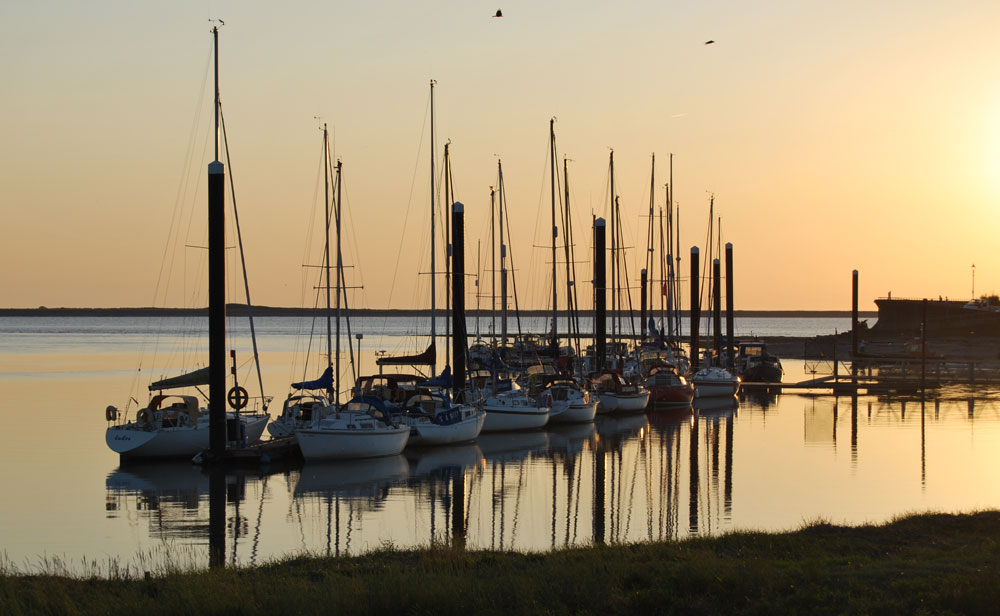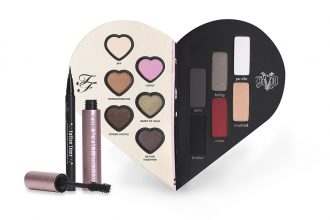Buying a boat is a big decision and one that can definitively change your lifestyle and rewire your schedule. Since it’s a big purchase, you can’t take it lightly or act impulsively. If you’re still on the fence about whether or not you should take the leap, you need to consider some of the pros and cons. In the latter category, you can consider the somewhat elevated costs of buying a boat. However, when you genuinely want to get something and are willing to save up to afford it, you can say that it’s worth it. Moreover, if you plan beforehand and analyze the market a little before making a purchase, you can strike a bargain and pay much less than you thought you would.
So, what about the pros? First, buying a boat will help you develop new skills, from navigation to maintenance. It can allow you to work out in a fun and engaging way, and it helps bring a sense of freedom and adventure into your household. Your holidays will never look the same again, and you might even get bolder plans, such as sailing long distances over an extensive period of a few months or even a year. Having your boat allows you to do that for a much smaller cost compared to going on a cruise.
With all these aspects in mind, let’s see what you need to consider when buying your boat.
Figure the budget
Since buying a boat is a substantial expense, you can’t go in without a plan. To have a positive experience, you must first establish your core budget and go on from there. It’s not all about the upfront expenses, which can be quite considerable. You must also consider the monthly costs of owning a vessel and whether or not you can comfortably afford them in the long term.
The first thing is fuel. The average consumption is one to four gallons per mile, going at a speed of 20 knots, or 37.04 kilometers per hour. However, there are other factors that can impact gas consumption, so you may consume more depending on how much you sail, your boat type and weather conditions. Maintenance is also very important, as your boat must be regularly checked to prevent any problems. Skipping on regular check-ups can be very dangerous when it comes to boating, as it can leave you stranded in the middle of the sea for hours on end until you can get help. You don’t want something to malfunction when you’re in open water.
Other things you need to consider are boat insurance, storage and docking fees, as well as the gear that you’ll use. When you set down your budget, be realistic about your estimates. Knowing that you can comfortably afford everything that owning a boat entails means that you’ll be able to enjoy your hobby for many years to come.
New or used
Across all markets, used items are becoming more popular among shoppers. There are many advantages to buying second-hand. First, the purchasing costs are significantly reduced, so if you’re working with a tighter budget, it can be the better option for you. The savings can add up, and you can later afford better gear or more frequent maintenance work. The year-per-ownership costs are also lower. Moreover, if you decide that you want to replace your boat after a relatively short time, let’s say, a couple of years, knowing that you didn’t pay so much for it will make you feel more confident about making another purchase. After all, it’s not like it’s money down the drain.
When you purchase a used watercraft, you can have the peace of mind of knowing that the previous owner dealt with the initial problems the motor might have had. You also get to work with time-tested technology that may seem more reliable to you compared to newer appliances. And, although it may not seem like much, you’ll see that it also helps you psychologically not to be the first one to put a scratch on your vessel. Choosing a used outboard motor also comes with the added perks of paying less, and you can choose between a wide range of models such as Tohatsu, Yamaha, Honda and Suzuki. Used outboard engines come in various shaft lengths, have both manual and electrically started systems, and the power options range from 6 hp to over 150 hp, so you can get the one that works best for your personal requirements.
When you consider all these aspects, it seems like the most significant advantage of a new boat is simply that it is new.
Maintenance
The maintenance work and the costs you’ll incur for it largely depend on the type of boat you own. Suppose your boat is on the larger side and includes many appliances, can hold many passengers, pull skiers or tubers, has sleeping quarters and can operate on choppier waters with no problems. In that case, the maintenance fees will likely be higher as well. How often you use your boat is also an essential point of consideration, as a boat that’s taken out to sea more frequently will naturally have more wear and tear that needs to be fixed.
All parts of a boat need to be checked regularly, including the engine, the hull and topsides, the plumbing, heating, air conditioning and ventilation, hinges, zippers, and tracks, as well as the electrical system and upholstery. Your boat will also need to be rep-painted regularly. If it is in the water year-round, your boat must be painted yearly. However, if your watercraft goes in and out of the water periodically, every two or three years is enough. Ablative paint in alternate colors can let you know when the latest coat is becoming ineffective.
Having a boat means increased freedom and a means to travel in a whole new way. It can be a relaxing and meditative endeavor, and you might start wondering why you’ve never made the move. However, it’s also important to consider the practical aspects of the purchase. Doing so will ensure your safety when it comes to boating and your finances as well.





